

2708-9517
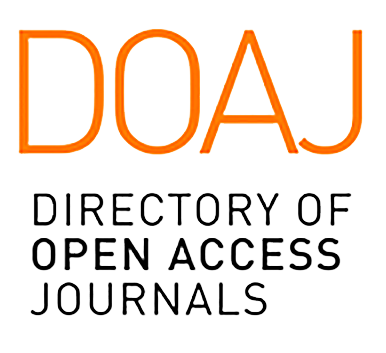
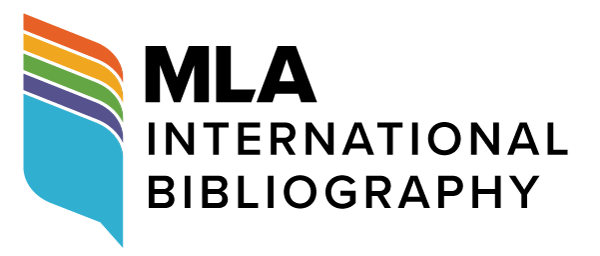
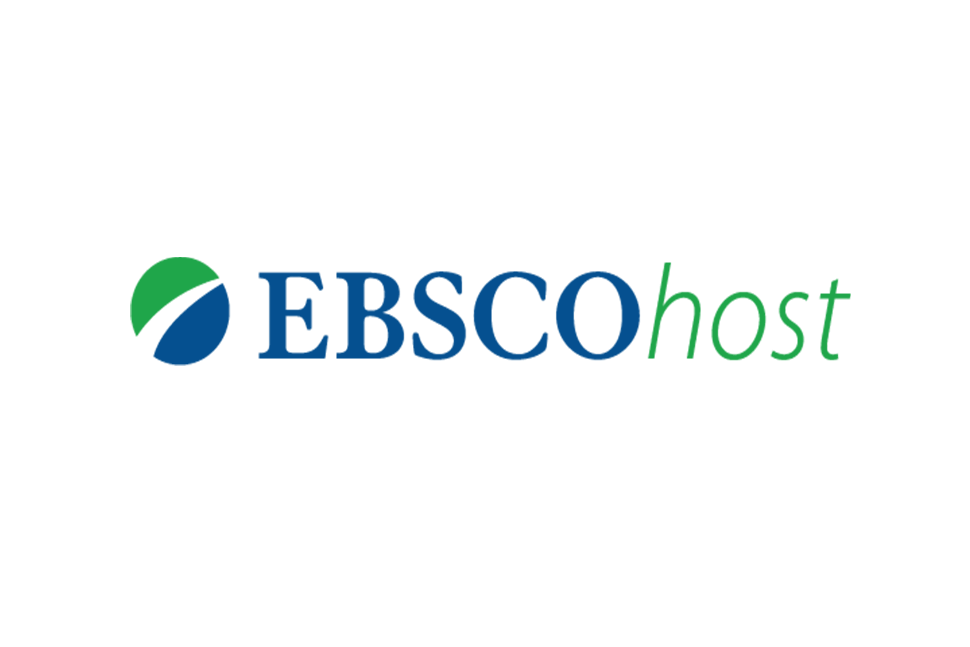
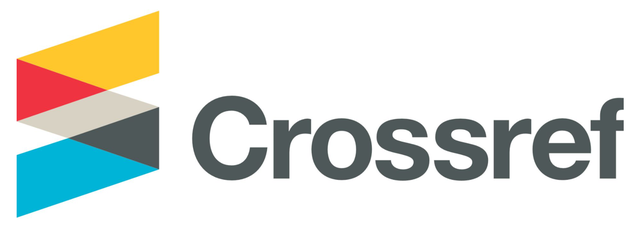
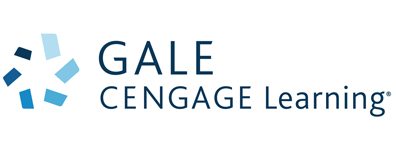
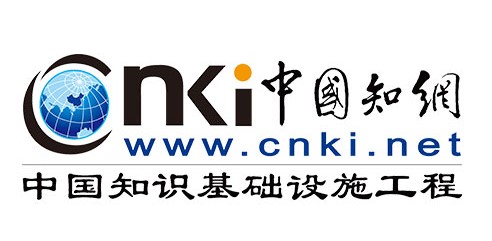
MLA Directory of Periodicals
REAO: East Asian Studies Journals
EBSCO Education
DOAJ
ProQuest
Google Scholar
Semantic Scholar
ROAD
BASE
Helka Helsinki Library
Baidu Scholar
Ex Libris
Jouroscope
US Department of Commerce Research Library
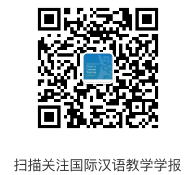
Establishing an academic atmosphere that respects the highest ethical standards is the responsibility for any serious academic publications. That is no exception to International Journal of Chinese Language Teaching (IJCLT). We strive to guarantee that all parties and every step involved in the publication process follow strict ethical rules.
General Principles
Contributing authors to IJCLT are required to make sure that all of the writing they submit is original and any outside sources have been properly acknowledged. Authors bear the responsibility for the accuracy and authenticity of the data they present. Authorship should reflect genuine contributions to the research and manuscript preparation. The final draft of the document needs to be approved by each named co-author before it can be submitted. To avoid any undue impact on the research's findings or interpretation, disclosure of any potential conflicts of interest—financial or otherwise—must be made at the time of submission.
Ethical Considerations for Research Involving Human Subjects
Ethical Approval. Manuscripts reporting research involving human subjects must include a statement confirming that the research was conducted in accordance with ethical standards. Along with the main manuscript, authors should also provide details of IRB or ethics committee approvals, including the name of the approving institution and reference numbers.
Informed Consent. During the online submission process, authors must confirm that informed consent was obtained from all participants or their legal guardians. Within the manuscript, the consent process should also be clearly described, including how consent was obtained and documented.
Privacy and Confidentiality. Authors must ensure the privacy and confidentiality of participants are protected. Identifiable information of participants should not be published unless explicit consent has been obtained, and authors should explain how confidentiality was maintained.
Peer Review Policy
IJCLT strictly enforces the “double blind” reviewing protocol, in which the reviewers and the authors remain anonymous to each other. The handling editors conduct a preliminary in-house review of all submitted manuscripts and only those that fall within the journal’s scope and meet the minimum quality criteria will be passed on to at least two expert reviewers for formal reviewing. Editors who have any financial, personal, or professional conflicts of interest should not handle manuscripts containing such conflicts.
Reviewers are selected based on their expertise, previous performance, and absence of conflicts of interest. Whenever possible, reviewers are matched to the manuscript according to their expertise.
Reviewers must handle manuscripts with confidentiality. Reviews ought to be written politely and objectively, offering authors helpful criticism that allows them to improve their work. When assessing a paper, reviewers are supposed to abstain from reviewing it if they have any conflicts of interest that might affect their objectivity.
Reviewers will be provided with IJCLT’s Review Form to assist their reviewing. Reviewers evaluate manuscripts based on originality, significance, methodological rigor, clarity, and contribution to the field.
The editorial team makes decisions based on reviewers' recommendations, and the decision can be one of the following possibilities: minor revisions, major revisions, resubmit, and reject outright.
The time required for the review process depends on the response of the reviewers. The typical time for the first round of the reviewing process is approximately 4-6 weeks, with a maximum of three months.
Publishing Malpractices (Plagiarism and Misconduct)
Plagiarism. All manuscripts submitted to IJCLT are screened for plagiarism before the external review process begins. Manuscripts containing plagiarized content, including self-plagiarism, will be rejected outright.
Duplicate Publication. At IJCLT, submitting the same manuscript to multiple journals is strictly prohibited. Authors must declare any prior publication or submission of overlapping work in their cover letter during the submission process.
Fabrication and Falsification. Any forms of data fabrication (creating false data), falsification (altering data), or image manipulation are severe ethical breaches. Any evidence of such misconducts will lead to immediate rejection or retraction.
AI-Assisted Manuscript Preparation
Authors must declare during the submission stage all AI-driven softwares employed in drafting submissions. IJCLT permits AI only for refining grammar or readability during the writing process. Ultimate accountability for factual correctness, intellectual novelty, and ethical rigor remains entirely with the authors, irrespective of AI involvement.
Retractions
Retractions are made when there is definite evidence that findings are unreliable due to misconduct (e.g., data fabrication, falsification, or plagiarism) or unintentional mistakes (e.g., calculation errors or experimental inaccuracies). Retractions may also occur in cases of unethical research practices, duplicate publications, or failure to disclose significant conflicts of interest.
Retractions are initiated by the editorial board following a comprehensive investigation. The retraction notice will explicitly outline the reasons for the retraction and will be linked to the original article.
Corrections
Authors are required to promptly inform the journal of any errors in their published work. Corrections are evaluated by the editorial board and published with a reference to the original article.
There are two types of corrections the journal can make. 1) Errata: issued for minor errors (e.g., typographical mistakes, incorrect citations) that do not alter the article's main conclusions; 2) Corrigenda: issued for significant errors (e.g., incorrect data, misrepresented results) that affect the interpretation of the findings.
For any questions regarding this Ethics Statement, please contact the editorial team at info@clt-international.org.